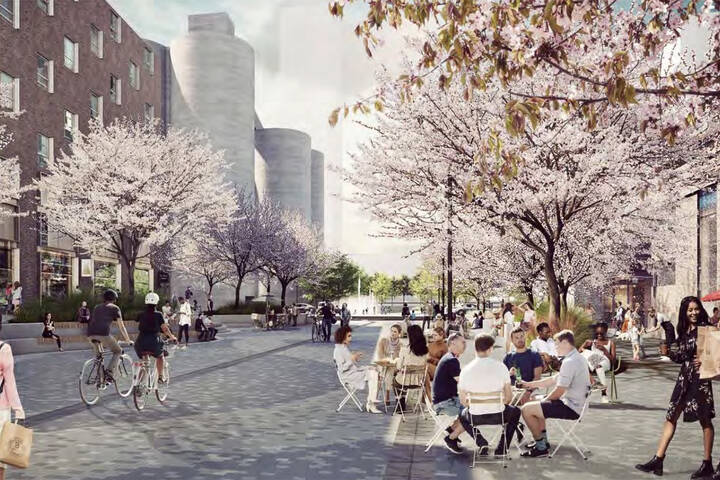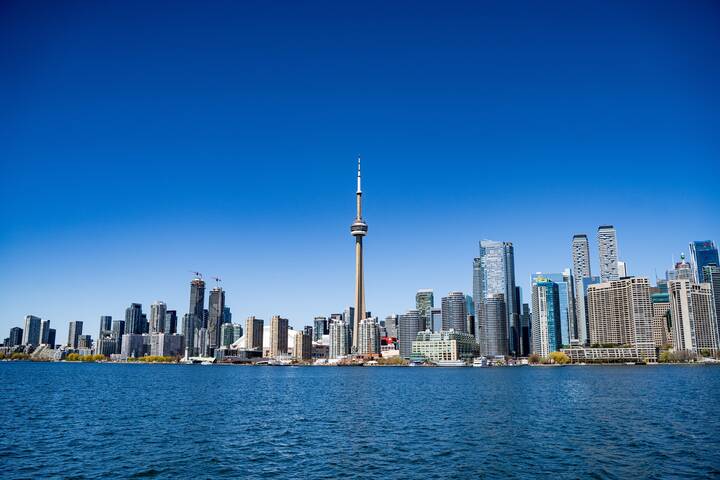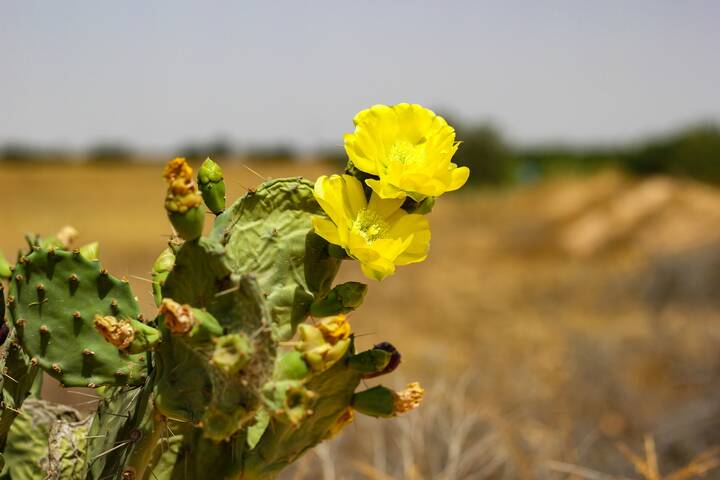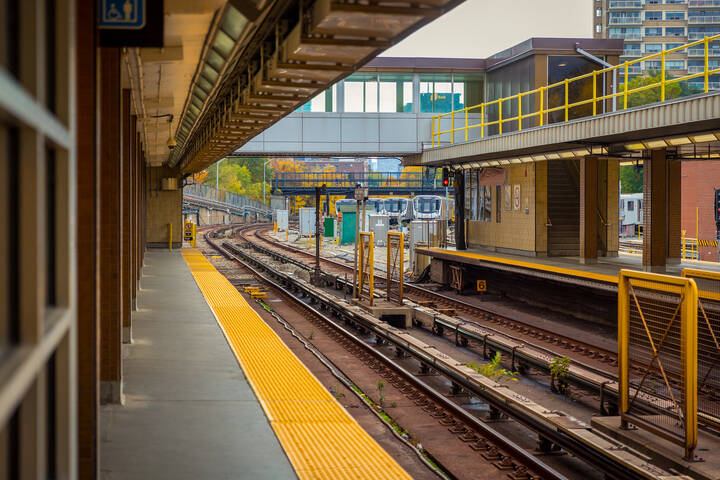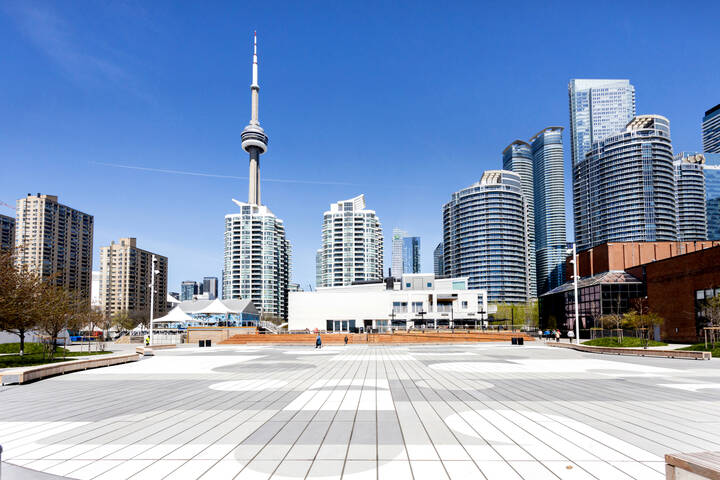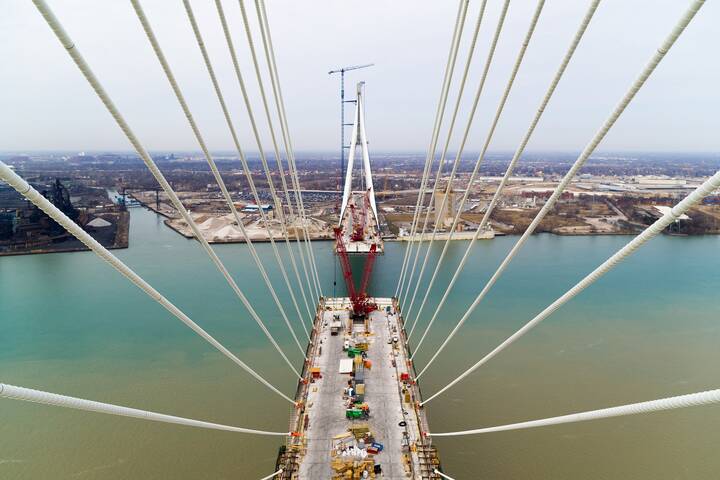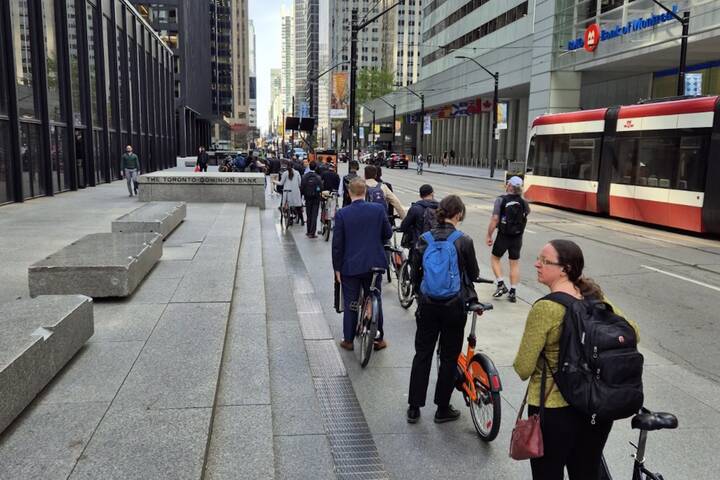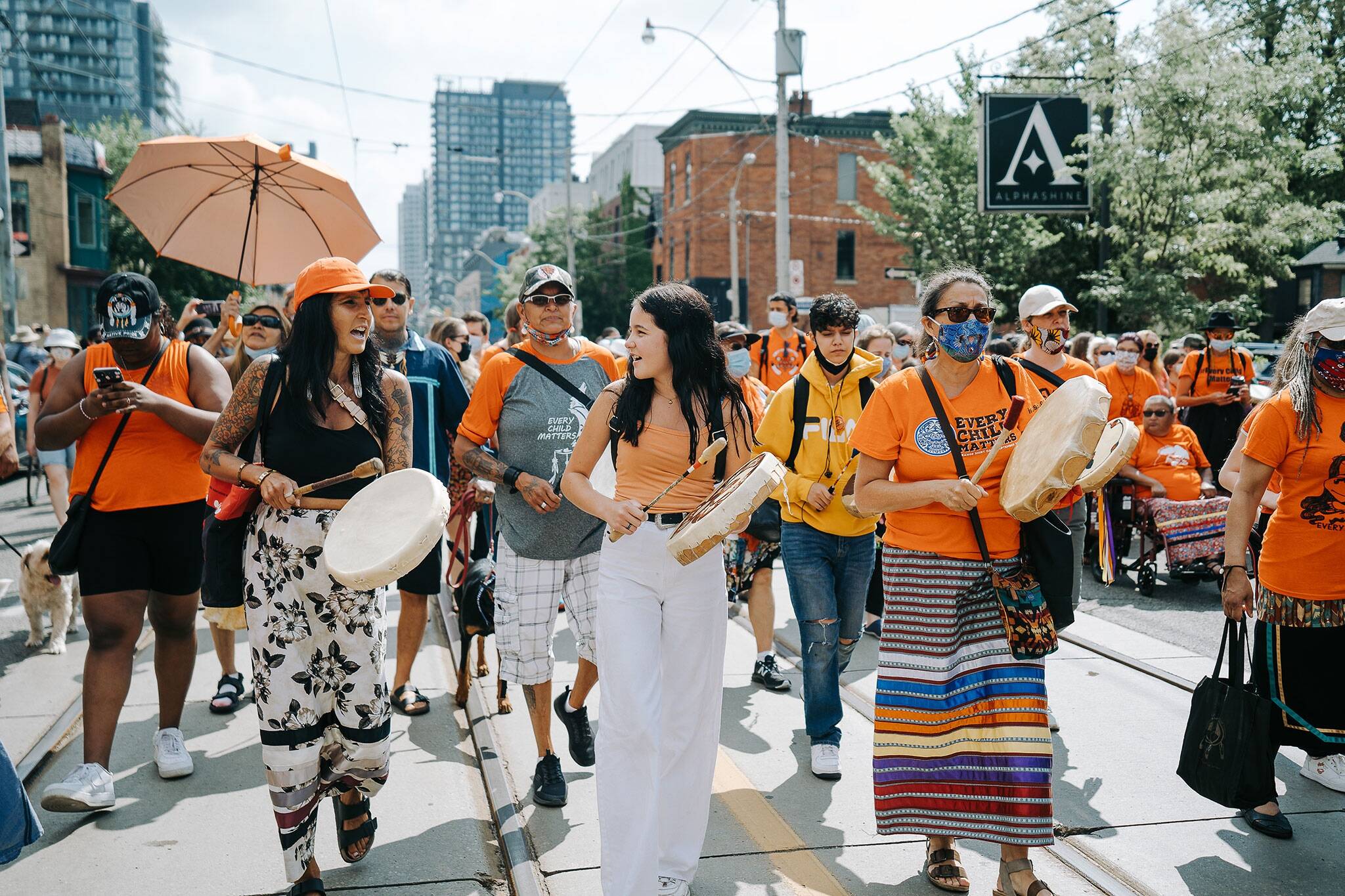
Here's what you need to know about National Truth and Reconciliation Day
National Truth and Reconciliation Day falls on Sept. 30 every year and coincides with Orange Shirt Day. This year marks the third year Canada will be recognizing the day.
The federal statutory holiday honours the children who never returned home, survivors of residential schools, as well as their families and communities.
The public commemoration of the painful history and ongoing impacts of residential schools is a vital component of the reconciliation process, and one of the 94 calls to action detailed by the Truth and Reconciliation Commission of Canada (TRC) in its 2015 report.
Why was National Truth and Reconciliation Day established?
National Truth and Reconciliation Day is a direct response to the TRC's Call to Action 80, which called upon the federal government, in collaboration with Indigenous peoples, to establish a statutory day of commemoration.
The TRC ran from 2008 to 2015 and provided those directly or indirectly affected by the legacy of residential schools policy with an opportunity to share their stories, accounts, and experiences.
Truth and Reconciliation Day was designated as a statutory holiday by the federal government in 2021.
What is Orange Shirt Day?
This Indigenous-led grassroots commemorative day coincides with Truth and Reconciliation Day and intends to raise awareness about the individual, family, and community intergenerational impacts of residential schools, and to promote the concept of "Every Child Matters."
On Sept. 30, all Canadians are encouraged to wear orange to honour the thousands of survivors of residential schools.
How many residential schools operated in Canada?
There were 140 federally-run residential schools in Canada that operated between 1867 and 1996, and it is estimated that over 150,000 First Nations, Inuit, and Métis children attended them.
The schools were mostly operated by certain churches and religious organizations and administered and funded by the federal government as a key aspect of colonialism.
The school system was imposed on Indigenous people as part of a set of assimilation efforts to destroy their cultures and identities and erase their histories.
The TRC has interviewed more than 6,000 witnesses, whose accounts have provided critical insights into the devastating experiences children had at residential schools, as well as the long-term impacts of the experiences on survivors, their families, and communities.
According to survivors, children were forcibly removed from their homes during the years that the system was in place, and often subject to harsh discipline, malnutrition, starvation, poor healthcare, abuse, and the deliberate suppression of their cultures and languages.
How can I participate?
There are several ways to reflect and show your support on Sept. 30, including wearing and buying an orange shirt from an Indigenous artist or company that supports Indigenous causes, or directly through the Orange Shirt Society.
You can also attend several community events including those hosted by the National Centre for Truth and Reconciliation, or the 6th annual Indigenous Legacy Gathering led by the Toronto Council Fire Native Culture Centre at Nathan Phillips Square.
A full list of programming for Sept. 30 is available on the City of Toronto's website.
You can also support local Indigenous artists and businesses, read books, watch Indigenous-made films, or consider a donation to the many Indigenous organizations operating in Toronto.
Fareen Karim
Latest Videos
Latest Videos
Join the conversation Load comments

